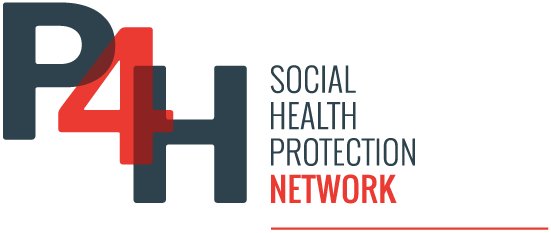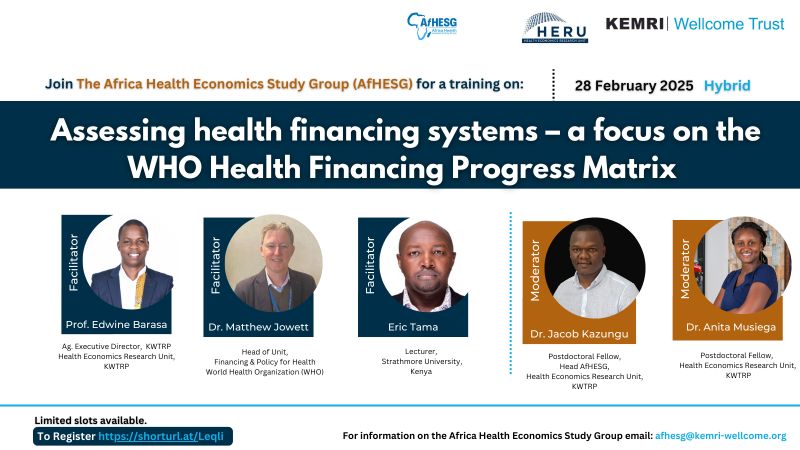
Assessing Health Financing Systems – A Focus on the WHO Health Financing Progress Matrix
Join AfHESG’s upcoming training on assessing health financing systems using the WHO Health Financing Progress Matrix. Experts will explore sustainable strategies for universal health coverage.The Africa Health Economics Study Group (AfHESG) is back with a vital...
Financing for NCDs and Mental Health: Making the Money Work Better – Policy Brief
This World Bank policy brief explores strategies to improve financing for noncommunicable diseases (NCDs) and mental health services amid rising demand and constrained health budgets. Despite increasing healthcare needs, government spending remains insufficient,...
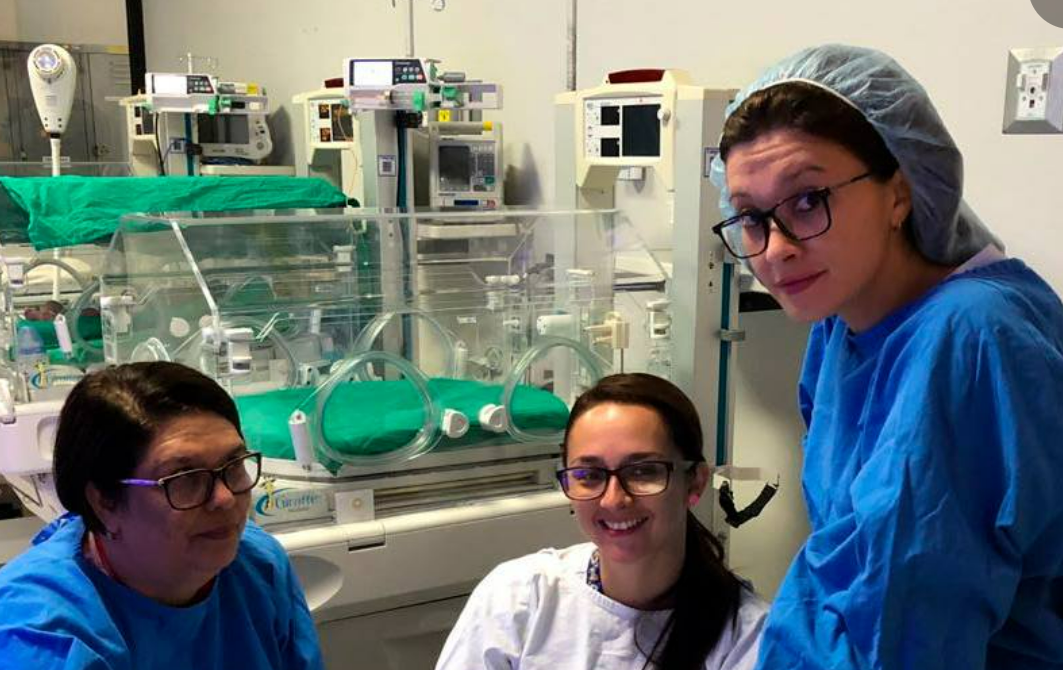
Improving CCSS health services with the most efficient use of resources
A good strategy to address health sector budget challenges is to be more efficient with resources. Meeting health needs at the primary level can avoid more costly treatment at the hospital level. Network management with integration of other social services and...
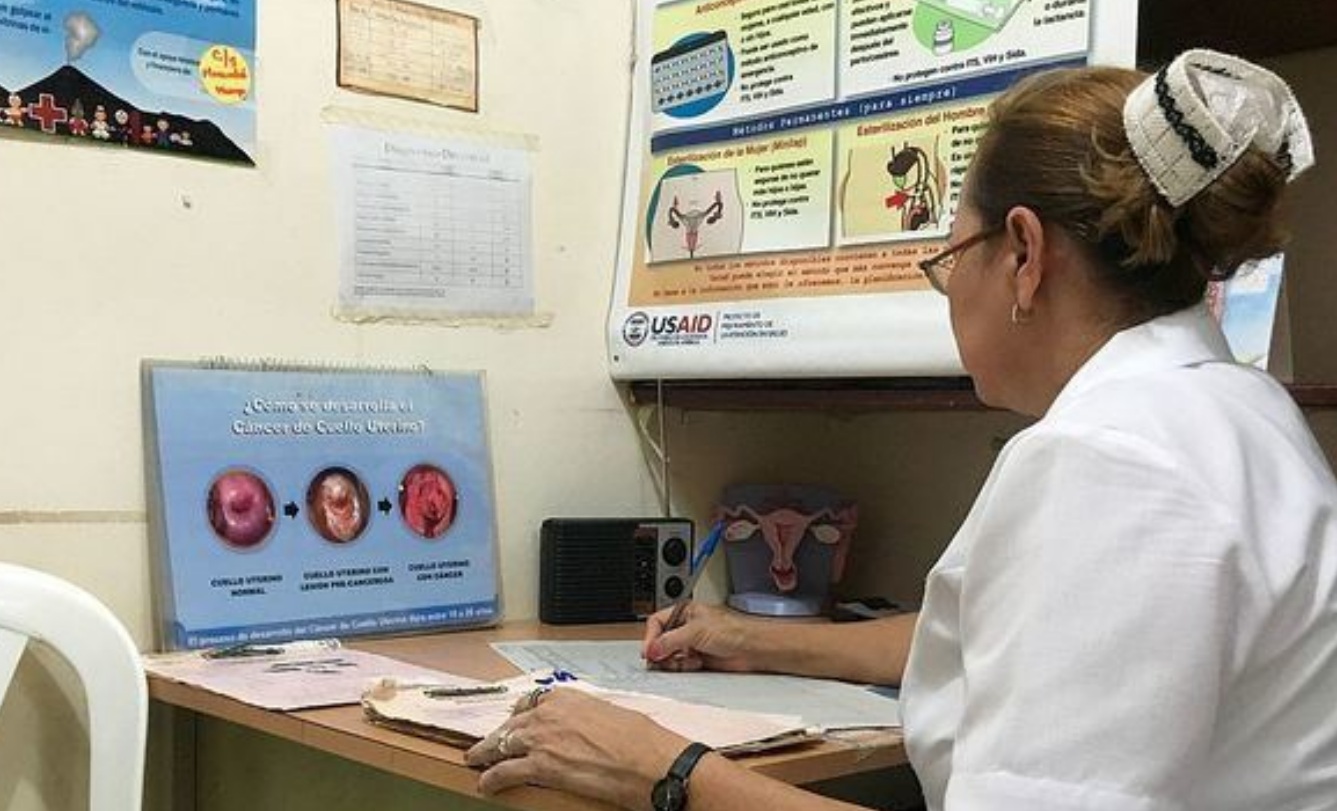
Investments for health in Nicaragua, 2025
The health system in Nicaragua is mostly managed and financed by the government. New investments for the sector are planned for the year 2025. The Nicaraguan television channel TV8 reported at the beginning of February this year that, in accordance with the national...
Law Nº 1032 / Creates the Paraguayan National Health System in 1996.
The government of Paraguay enacted Law No. 1032 on December 30, 1996, governing the country's national health system. Chapter VIII, Article 33, and Chapter X specifically address the financing of the system through the National Health Fund, the body responsible for...
The global polycrisis and health inequalities
Courtney McNamara and Clare Bambra, in their article published in the International Journal of Social Determinants of Health and Health Services, examine the impact of the global polycrisis on health inequalities. The authors employ a political economy of health...
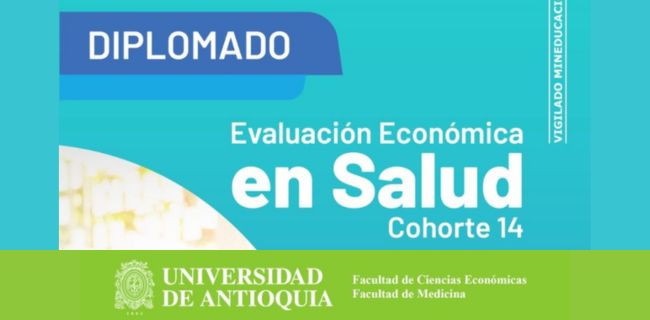
Virtual Diploma in Health Economic Evaluation – Universidad de Antioquia
The Virtual Diploma in Health Economic Evaluation, which began on February 17, is still in progress, training professionals in health economic analysis. The Virtual Diploma in Health Economic Evaluation, organized by the Universidad de Antioquia, began on February 17...

Nigeria’s First Lady urges sustainable health financing at AU Summit
Nigeria’s First Lady, Oluremi Tinubu, has urged African nations to strengthen domestic health financing, reduce reliance on foreign aid, and uphold budget commitments to ensure sustainable healthcare.At the 38th African Union Summit in Addis Ababa, Nigeria’s First...
Post-growth: the science of wellbeing within planetary boundaries
The pursuit of economic growth has long been a cornerstone of policy-making, yet mounting evidence suggests that in high-income countries, continuous GDP expansion may not be environmentally sustainable, socially beneficial, or even economically feasible. In their...
A new compact for health financing: Insights from policymakers across Africa
In January 2025, the Center for Global Development (CGD) and the Addis Center for Ethics and Priority Setting in Health (ACEPS) hosted a roundtable with policymakers from 14 African countries to discuss a New Compact for health financing. This note on the roundtable...

African leaders pledge to close malaria funding gap amid foreign aid uncertainty
African leaders commit to increasing domestic funding for malaria elimination amid foreign aid cuts, aiming to close funding gaps, boost local pharma production, and meet WHO’s 2030 malaria targets. Amid growing concerns over foreign aid reductions, African leaders...
Portugal: health system summary 2024
Portugal’s health system is predominantly tax-financed and provides universal coverage through the National Health Service (NHS), which operates alongside health subsystems serving specific groups. Despite comprehensive care delivered by both public and private...

Pharmaceutical expenditure in France
In 2023, French health insurance reimbursed €25.5 billion worth of drugs, or 12% of total expenditure. The increase was driven by innovative treatments and hospital prescriptions. Generics and biosimilars are key to controlling costs. In a press kit published on...
Case for a health equity framework in HTA
Improving health equity is vital for individual and societal well-being, as evidenced by significant disparities in life expectancy across England. The National Institute for Health and Care Excellence (NICE) emphasizes the importance of reducing health inequalities,...
Reducing fragmentation of primary healthcare financing for more equitable, people-centred primary healthcare
Published in BMJ Global Health, Reducing Fragmentation of Primary Healthcare Financing for More Equitable, People-Centred Primary Healthcare by Agnes Gatome-Munyua, Susan Sparkes, Gemini Mtei, Martin Sabignoso, Prastuti Soewondo, Pierre Yameogo, Kara Hanson, and...
